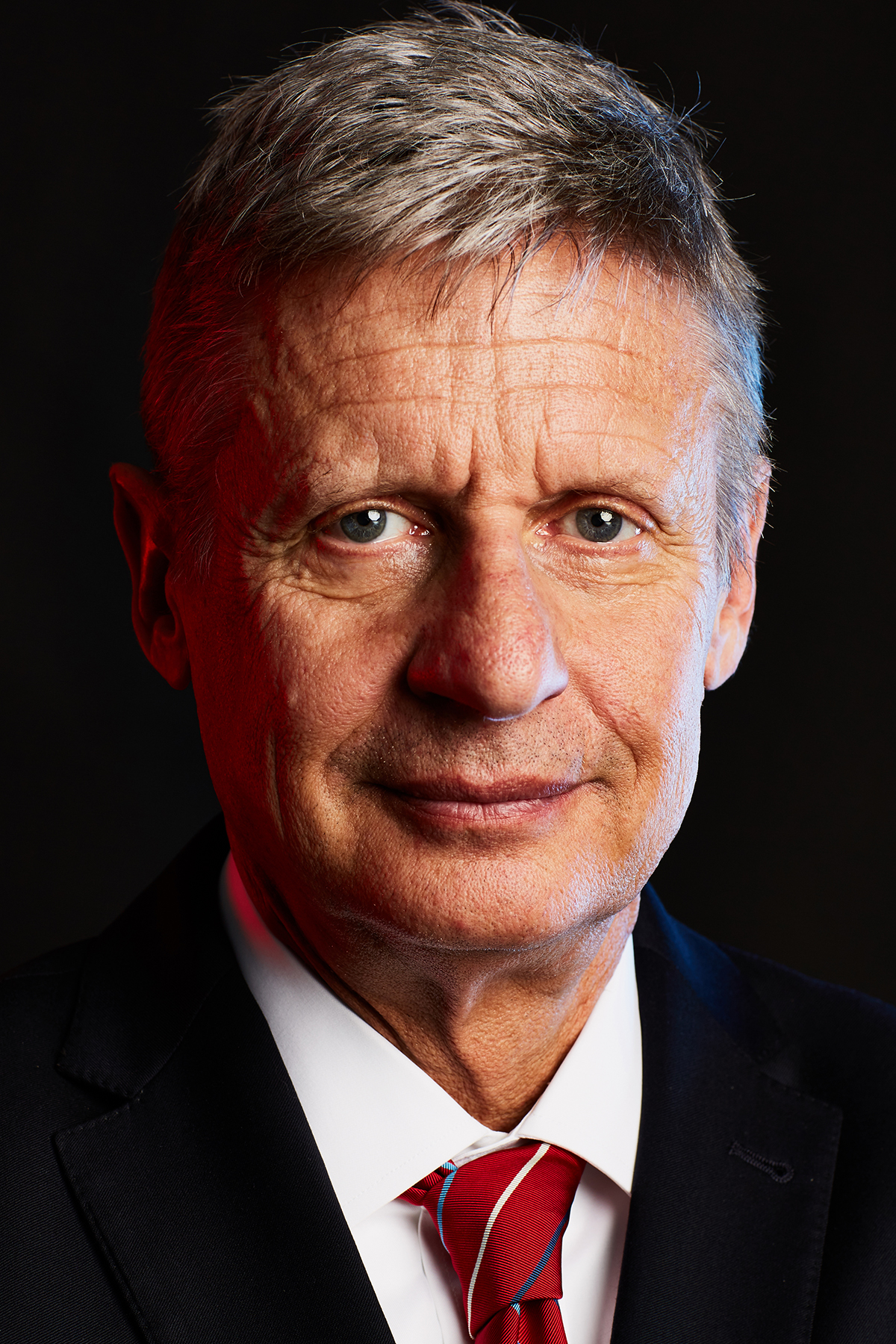Libertarian presidential candidate Gary Johnson is, for some Lane County voters, a possible alternative to Bernie Sanders. But while Johnson told EW during a recent phone call that he believes climate change is manmade, he also believes a free market economy is part of the fix.
Enlarge

Photo courtesy Gary Johnson 2016
“I do believe that climate change is occurring,” the affable former governor of New Mexico Johnson says, and that it’s human caused.
That’s a little stronger than the Johnson-Weld campaign website that says the climate is “probably” changing and is “probably” human-caused.
According to Johnson, “You and I as citizens are demanding less carbon emissions.” He cites an Environmental Protection Agency statistic that says the U.S. is responsible for 16 percent of the carbon load worldwide. “Carbon does not know any boundaries,” Johnson says.
But he also says the practice of burning coal and building more coal facilities is “not happening from a free market standpoint.” And that natural gas is taking coal’s place thanks to the free market.
Johnson is running with former Massachusetts Gov. Bill Weld on the third party ticket. The campaign has drawn notice in the wake of Sanders’ loss to Hillary Clinton in the Democratic primary. Johnson, who bills himself as “absurdly honest,” laughs loudly when asked if he waited to spring his campaign until after Bernie left the scene and says he’s been there all along, whether Oregonians noticed it or not.
Johnson says some of this recent attention reflects the fact that the Libertarian ticket is composed of two former two-term Republican governors elected in heavily Democratic states, who are “fiscally conservative, socially inclusive and skeptical that military intervention will result in a safer world,” combined with the polarity generated by Hillary Clinton and Donald Trump.
That attention has also generated more interest in the Libertarian Party, and Libertarian voter registration has skyrocketed, “relatively,” Johnson says.
When asked about what his campaign could take away from Sanders’ run for office, he says, “I happen to agree with Bernie on, I think, most of what Bernie has to say.” But Johnson says that where “Bernie and I come to a T in the road” is when it comes to economy.
“I agree with Bernie that crony capitalism is alive and well, and that the system is rigged,” Johnson says, but “free markets are not crony capitalism.” Rather, Johnson says, crony capitalism is when the government involves itself in business and allows for favoritism, as opposed to government leveling the playing field.
Can government end income inequality? he asks. “That’s Peter taking from Paul,” Johnson answers his own question. “That’s an equation that Peter loves!”
Johnson aligns with many Oregonians in his pro-marijuana stance. He says that his first day in office he would reschedule marijuana, which the U.S. Drug Enforcement Agency recently decided not to reschedule from its current federal status as a drug that is not legal for doctors to prescribe. “Legalization of marijuana is a states issue,” he says, “similar to alcohol.”
In keeping with his Libertarian platform, Johnson says he and Weld are in favor of the controversial Trans-Pacific Partnership trade agreement (TPP), saying it will create U.S. jobs and eliminate a lot of tariffs and advance free trade.
Johnson says he wants more government transparency, and he tells EW that he has not taken any Koch brothers money for his campaign that he “knows of,” saying “I do believe that an individual should be able to make unlimited contributions, but it should be 100 percent transparent and there is no transparency on Super PACs.” He reiterates, “To my knowledge, we have not taken one penny” from the Kochs.
When asked about public records disclosure, Johnson tells EW, “I’d like to make a pledge to you: I’d be the best person you’ve ever seen on this. What do you have to fear from the truth?”
Johnson needs to poll at 15 percent to participate in the upcoming nationally televised presidential debates. A recent Pew poll has him at 10 percent. Green Party candidate Jill Stein averages around 4 percent.
Last time he ran for president in 2012 he got less than 1 percent of the vote. The first debate is Monday, Sept. 26, and Johnson says he is optimistic and if he doesn’t get into that one, he could get into one of the October debates. Both Johnson and Stein are the only third party candidates on the ballot in Oregon.